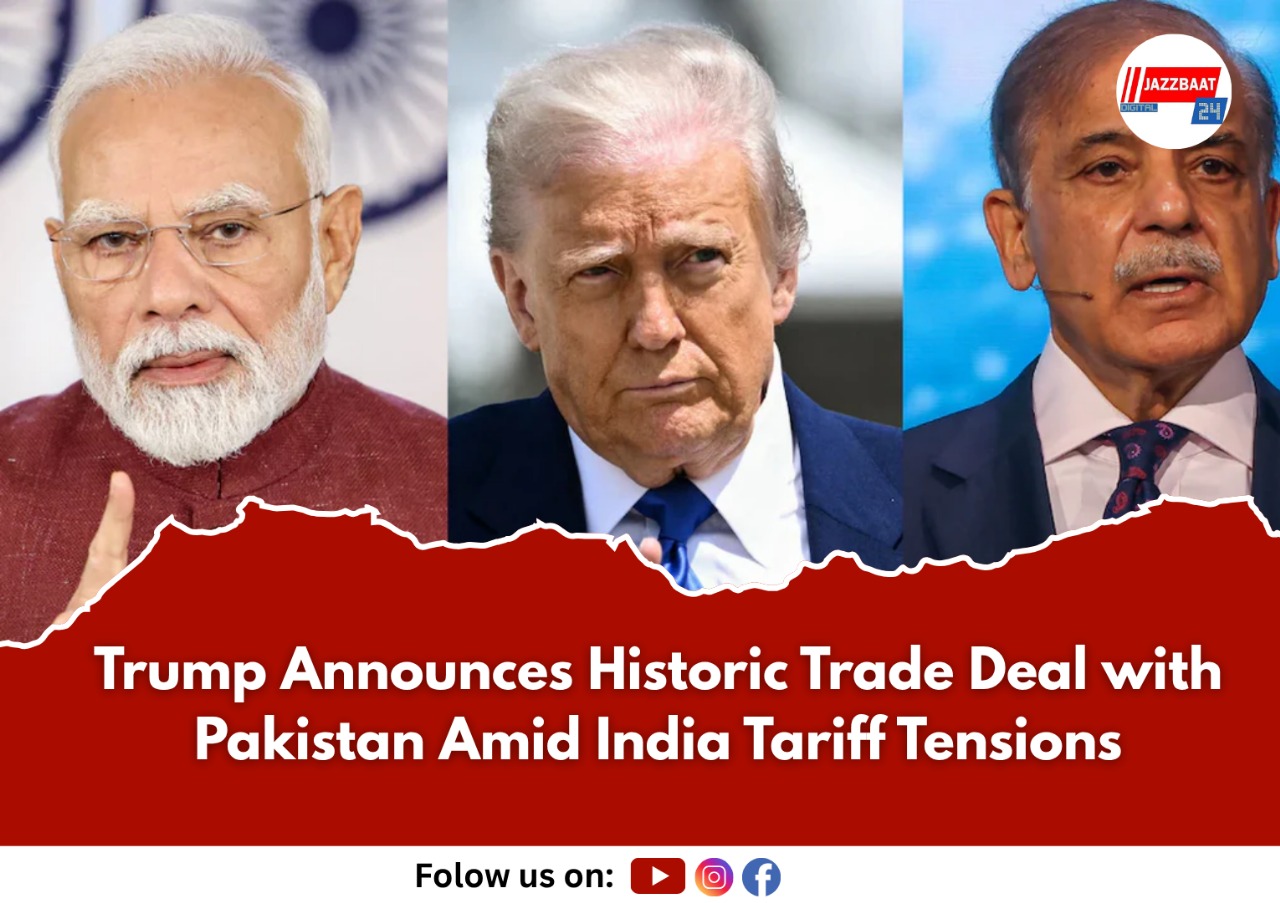
US President suggests Pakistan could sell oil to India as bilateral relations take new turn
In a significant diplomatic development, US President Donald Trump announced on Wednesday that America has concluded a "historic" trade agreement with Pakistan, focusing on developing what he described as the South Asian nation's "massive oil reserves."
The announcement comes at a particularly sensitive time, just hours after Trump imposed a hefty 25% tariff on Indian goods, citing India's "most strenuous and obnoxious" trade policies. The timing has raised eyebrows across the region, with many viewing it as a strategic move to leverage Pakistan against India in ongoing trade negotiations.
Pakistan's Enthusiastic Response
Pakistani Prime Minister Shehbaz Sharif wasted no time in expressing gratitude for the agreement, calling it a "landmark deal" that would enhance bilateral cooperation between the two nations. In a social media post, Sharif thanked Trump for his "leadership role in finalization of the historic US-Pakistan trade agreement, successfully concluded by our two sides in Washington."
The breakthrough reportedly came during meetings between Pakistan's Finance Minister Muhammad Aurangzeb and senior US trade officials, including Commerce Secretary Howard Lutnick and Trade Representative Jamieson Greer.
Energy Partnership at the Core
The agreement centers around developing Pakistan's largely untapped offshore oil reserves. Pakistan has long claimed significant deposits along its coast but has struggled to attract the technical expertise and investment needed to exploit these resources. Currently, the country relies heavily on oil imports from the Middle East to meet its energy demands.
"We are in the process of choosing the Oil Company that will lead this Partnership," Trump stated on Truth Social, adding with apparent reference to regional dynamics: "Who knows, maybe they'll be selling oil to India some day!"
Broader Trade Implications
Beyond energy cooperation, the trade deal promises substantial economic benefits for Pakistan. According to state-run Radio Pakistan, the agreement will result in reduced reciprocal tariffs, particularly benefiting Pakistani exports to the United States. This represents a significant reversal from the 29% reciprocal tariffs Pakistan faced in April.
The deal is expected to boost bilateral trade, expand market access, and attract increased US investment in Pakistan's infrastructure and development projects. Key sectors identified for cooperation include energy, mines and minerals, information technology, and cryptocurrency.
Regional Dynamics
The timing of this announcement is particularly noteworthy given the deteriorating trade relationship between Washington and New Delhi. Trump's decision to impose tariffs on India while simultaneously announcing enhanced cooperation with Pakistan sends a clear message about shifting regional priorities.
India has maintained a measured response, stating it has "taken note" of Trump's bilateral trade statement and is studying its implications. The Indian government emphasized its commitment to continuing negotiations for a "fair, balanced and mutually beneficial bilateral trade agreement" with the United States.
Looking Ahead
This development marks a potential shift in South Asian geopolitics, with Pakistan positioning itself as a more cooperative partner for US trade interests. The success of this partnership could influence broader regional dynamics, particularly given the complex relationship between India and Pakistan.
As both nations navigate these new economic realities, the international community will be watching closely to see how this triangle of relationships evolves in the coming months.
The trade agreement underscores both nations' commitment to deepening bilateral relationships and exploring new avenues for strengthening trade and investment ties.